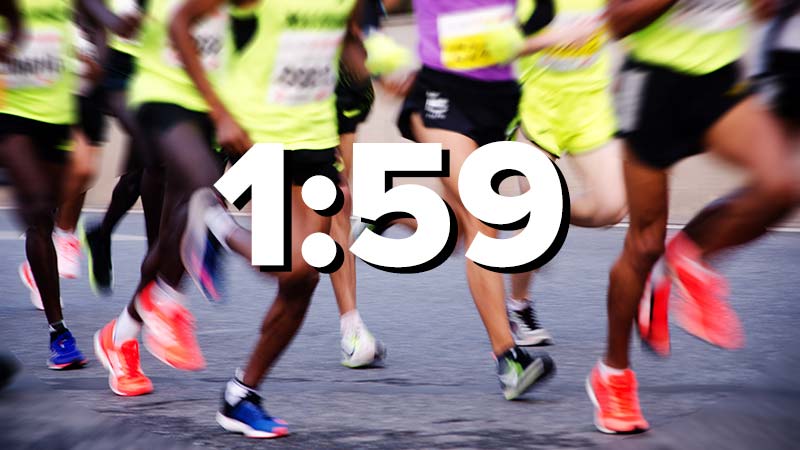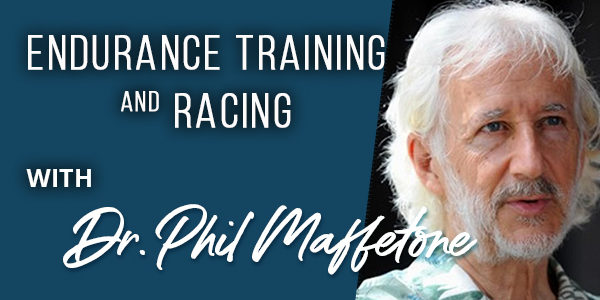
Want to run your best marathon? Think Uber!
My ongoing series of articles about the 1:59 marathon began in the 1990s, when most laughed at it happening in our lifetime. This past October, perhaps the strangest sports story of the year had many people entertained, but plenty confused and dismayed. Some even laughed at the non-qualifying, non-record, unnatural sub-two-hour performance in a set-up symbolic event.
In this unsanctioned staged event, Eliud Kipchoge ran with a lot of help, including a rotation of 41 professional pacesetters and windbreakers, in a time of 1:59:40. Writing about the event in The Atlantic, Paul Bisceglio called it “a brazen defiance of the marathon’s spirit,” referring to it as a marathon paradox.
Kipchoge, a Kenyan, is not the first athlete to use theatre to perform in concert with his talents to make money.
One of the world’s greatest athletes, Jim Thorpe, the first Native American to win an Olympic gold medal, in the 1912 pentathlon and decathlon, also played professional football and basketball. In need of money, he also played semi-pro baseball before competing in the Olympics, apparently violating the rules, and was stripped of his medals and titles. In 1983, 30 years after his death, the International Olympic Committee restored his Olympic medals. Today, there is ongoing debate about athletic money — who gets it, why some can’t, and how it’s done.
Kipchoge is undeniably the world’s greatest marathoner, but not because he was artificially pushed along a 26.2-mile course in less than 2-hours. He does make a good living for himself and his family. Hooray for him. As a millionaire, he’s still striking while the iron’s hot, as he will soon step aside to let others run by.
Unlike too many other athletes, Kipchoge certainly appears clean and does not cheat.
In 1980, Rosie Ruiz crossed the Boston Marathon finish line as the first woman, a new course record, everyone thought. But a week later she was disqualified for not running the entire course (it was thought she stepped out onto the course about a half-mile before the finish).
Similarly, Fred Lorz won the men’s marathon in the 1904 St. Louis Olympics in three hours 13 minutes, roughly 15 minutes ahead of the next runner. It was later discovered he was driven for 11 miles in the middle of the event.
These days, some may have stepped out of the pack to take an Uber.
Virtually all sport has a history of athletes taking short cuts, or cheating. Following a U.S. Congressional investigation, The Mitchell Report, for example, named hundreds of current and former Major League baseball players that tested positive for steroids. Although, there are many taking amphetamines (most actually have a prescription). Then there’s the current pro-baseball cheating scandal involving stolen signals.
Let us also not forget Lance Armstrong, whose seven consecutive Tour de France wins were taken away after admitting to performance-enhancing drug use throughout his cycling career.
We can only suspect that there are more athletes who don’t get caught.
But when performances enter that gray area, what do we do? In 1961, NY Yankees’ Roger Maris broke Babe Ruth’s home run record by hitting 61 of them. Since baseball expanded the number of games from 156 to 162, Maris’ record was given an infamous asterisk, a story told in a 2001 movie directed by Billy Crystal (61*). It would be years later when that record was broken and the asterisk essentially removed (the new home run kings, however, were subsequently accused of doping).
In my book, 1:59, I mentioned Kipchoge as a sub-two-hour candidate due to his stellar career to that point. He is still a great runner more than capable of achieving the first world-record 1:59 marathon. I continue cheering for him. While we certainly can’t deny Kipchoge deserved credit for such a feat, it must come with an asterisk: 1:59:40*.
Even before this contrived commercial spectacle, Kipchoge was the greatest marathoner today. Call it an exhibition event, a time trial, maybe even a circus act, one fact is that the race does not qualify as a marathon record because Kipchoge was greatly aided in his efforts — illegal by the official rules. Without taking anything away from such a talented athlete, it clearly was a commercial venture by others that many say cheapens sport. Two years earlier Kipchoge came close the breaking two hours during a similar venture, but didn’t succeed. The new challenge came after further tweaking more advantages on another improved mocked-up more-expensive course.








